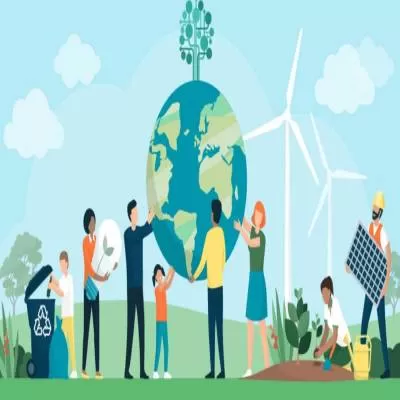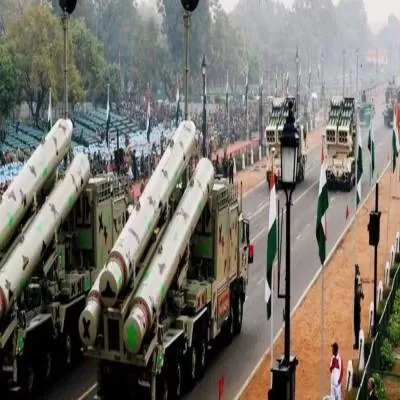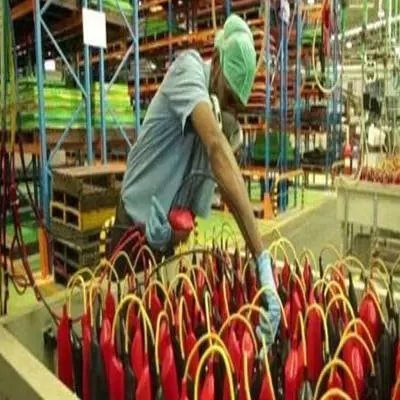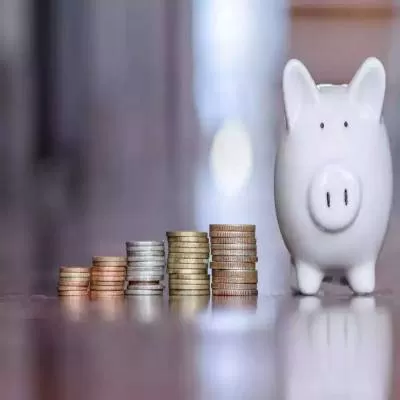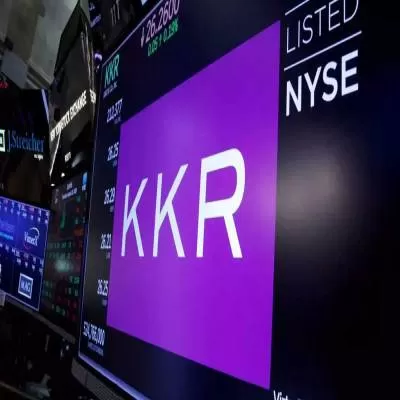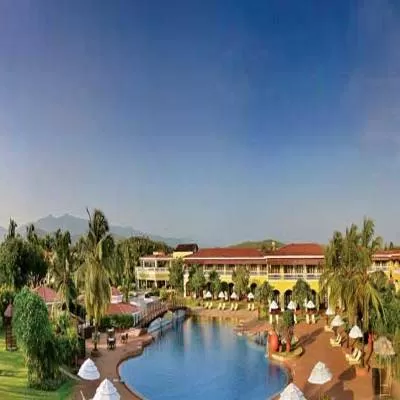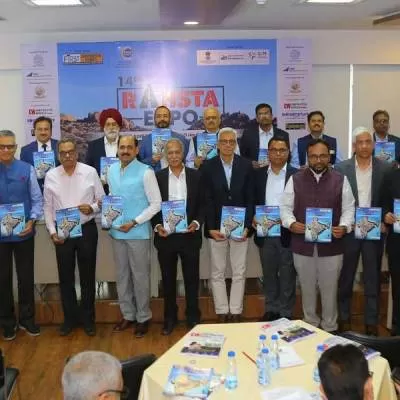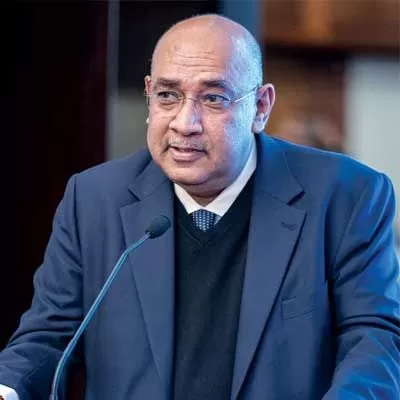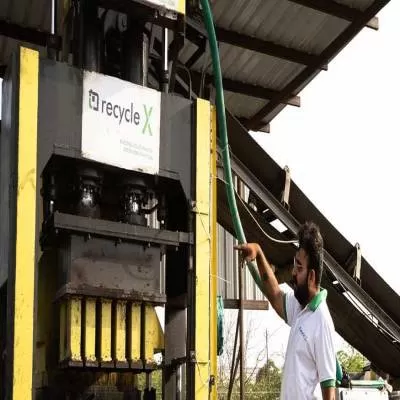- Home
- Infrastructure Urban
- ECONOMY & POLICY
- India, Russia to Collaborate on Fusion Research, Arctic Route
India, Russia to Collaborate on Fusion Research, Arctic Route
A E Likhacheva, the CEO of Rosatom, emphasized the depth of discussions during his recent visit to India, focusing particularly on the prospects of further cooperation in nuclear technologies, as well as non-energy and non-nuclear domains. Highlighting the successful collaboration exemplified by the Kudankulam Nuclear Power Plant (KNPP) in Tamil Nadu, Likhacheva underlined India's participation in Rosatom's ventures beyond its borders, such as the construction of the Rooppur Nuclear Power Plant in Bangladesh.
Beyond traditional nuclear power projects, Rosatom is venturing into diverse areas, offering its expertise in constructing low-power nuclear plants and exploring cutting-edge research in controlled thermonuclear fusion. Likhacheva also extended an invitation for Indian scientists to conduct research at the MBIR fast neutron research reactor in Russia, promising unique opportunities in medical, physics, and material science research.
In addition to advancements in nuclear science, Russia is engaging India in discussions regarding the joint development of the transit potential of the Northern Sea Route, operated by Rosatom. This collaboration aims to facilitate the transportation of Russian energy resources, including oil, coal, and liquefied natural gas, to India through Arctic routes, leveraging Far Eastern ports for transshipment.
Looking ahead, Likhacheva reiterated Rosatom's commitment to supporting India's ambitious energy goals, including achieving a cumulative installed capacity share of non-fossil fuel sources by 2030 and net-zero emissions by 2050. With nuclear energy poised to play a significant role in India's energy transition, ongoing projects like the KNPP stand as symbols of Indo-Russian cooperation and environmental stewardship, preventing millions of tons of CO2 emissions annually.
Providing insights into the technological advancements in nuclear energy, Likhacheva highlighted the delivery of new fuel assemblies to KNPP, enhancing operational efficiency and reducing downtime for maintenance. As the global demand for Russian-designed nuclear power plants continues to rise, Likhacheva emphasized the cost-effectiveness and reliability of nuclear energy, positioning it as a key player in combating climate change.
With Rosatom projects dominating global nuclear construction, representing 88% of exported nuclear power plants, the collaboration between India and Russia holds immense promise for advancing nuclear science, sustainable development, and strategic partnerships in the years to come.
In a significant development for bilateral cooperation, India and Russia are poised to embark on a collaborative journey encompassing diverse sectors ranging from advanced nuclear research to the development of Arctic transit routes. A top official from Rosatom, the state-run atomic energy corporation in Moscow, revealed the expansive scope of discussions between the two nations. A E Likhacheva, the CEO of Rosatom, emphasized the depth of discussions during his recent visit to India, focusing particularly on the prospects of further cooperation in nuclear technologies, as well as non-energy and non-nuclear domains. Highlighting the successful collaboration exemplified by the Kudankulam Nuclear Power Plant (KNPP) in Tamil Nadu, Likhacheva underlined India's participation in Rosatom's ventures beyond its borders, such as the construction of the Rooppur Nuclear Power Plant in Bangladesh. Beyond traditional nuclear power projects, Rosatom is venturing into diverse areas, offering its expertise in constructing low-power nuclear plants and exploring cutting-edge research in controlled thermonuclear fusion. Likhacheva also extended an invitation for Indian scientists to conduct research at the MBIR fast neutron research reactor in Russia, promising unique opportunities in medical, physics, and material science research. In addition to advancements in nuclear science, Russia is engaging India in discussions regarding the joint development of the transit potential of the Northern Sea Route, operated by Rosatom. This collaboration aims to facilitate the transportation of Russian energy resources, including oil, coal, and liquefied natural gas, to India through Arctic routes, leveraging Far Eastern ports for transshipment. Looking ahead, Likhacheva reiterated Rosatom's commitment to supporting India's ambitious energy goals, including achieving a cumulative installed capacity share of non-fossil fuel sources by 2030 and net-zero emissions by 2050. With nuclear energy poised to play a significant role in India's energy transition, ongoing projects like the KNPP stand as symbols of Indo-Russian cooperation and environmental stewardship, preventing millions of tons of CO2 emissions annually. Providing insights into the technological advancements in nuclear energy, Likhacheva highlighted the delivery of new fuel assemblies to KNPP, enhancing operational efficiency and reducing downtime for maintenance. As the global demand for Russian-designed nuclear power plants continues to rise, Likhacheva emphasized the cost-effectiveness and reliability of nuclear energy, positioning it as a key player in combating climate change. With Rosatom projects dominating global nuclear construction, representing 88% of exported nuclear power plants, the collaboration between India and Russia holds immense promise for advancing nuclear science, sustainable development, and strategic partnerships in the years to come.


